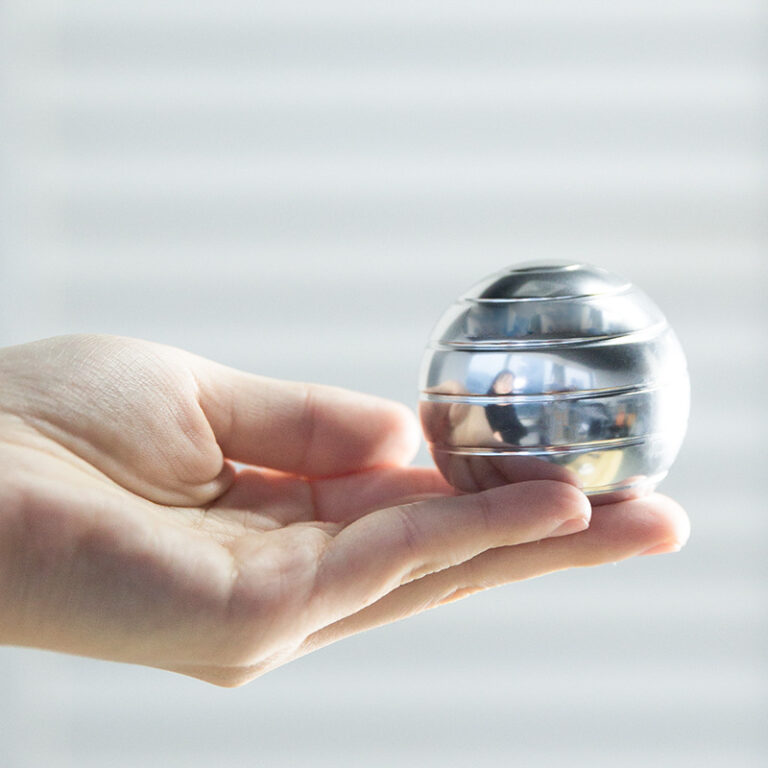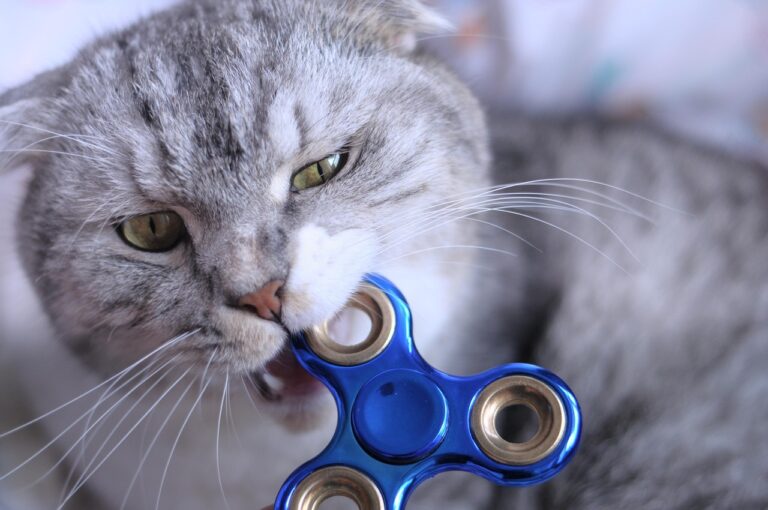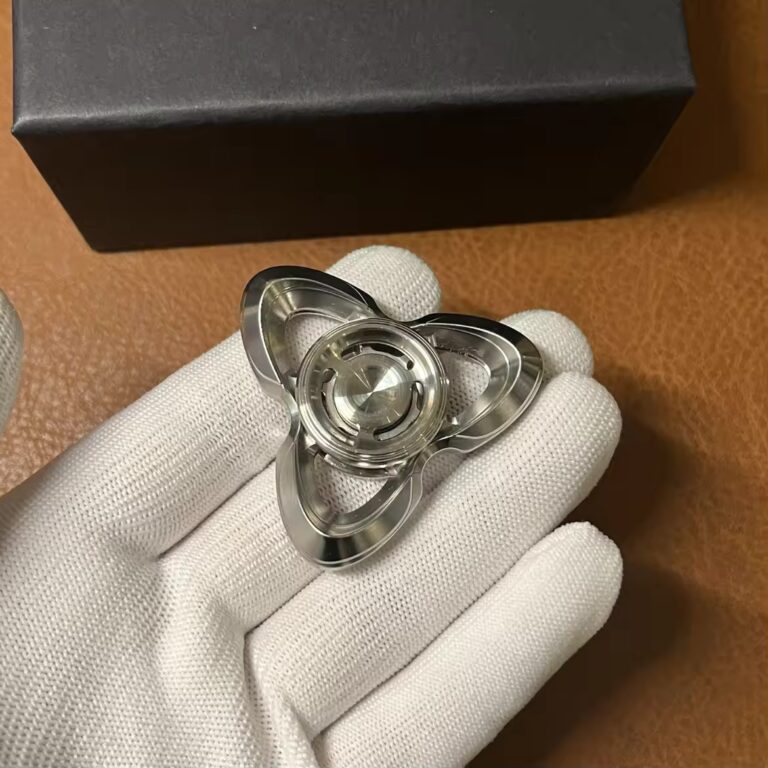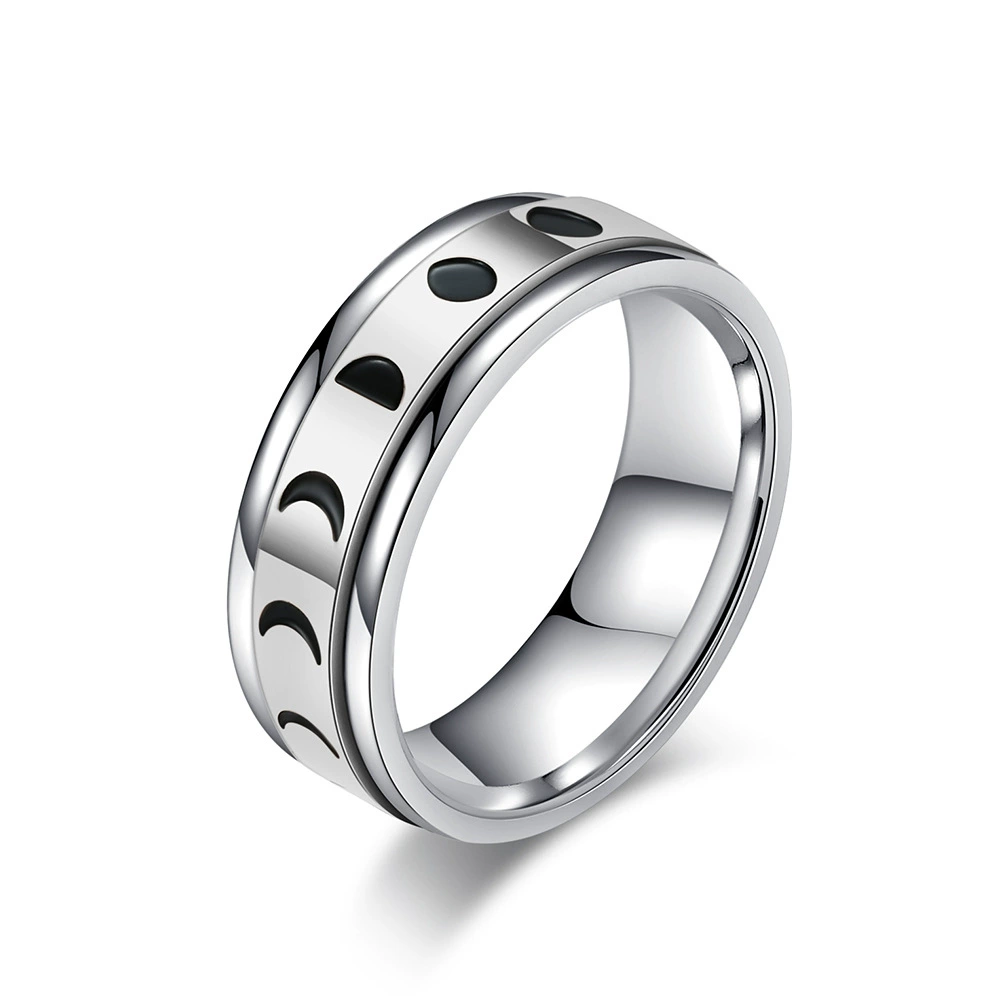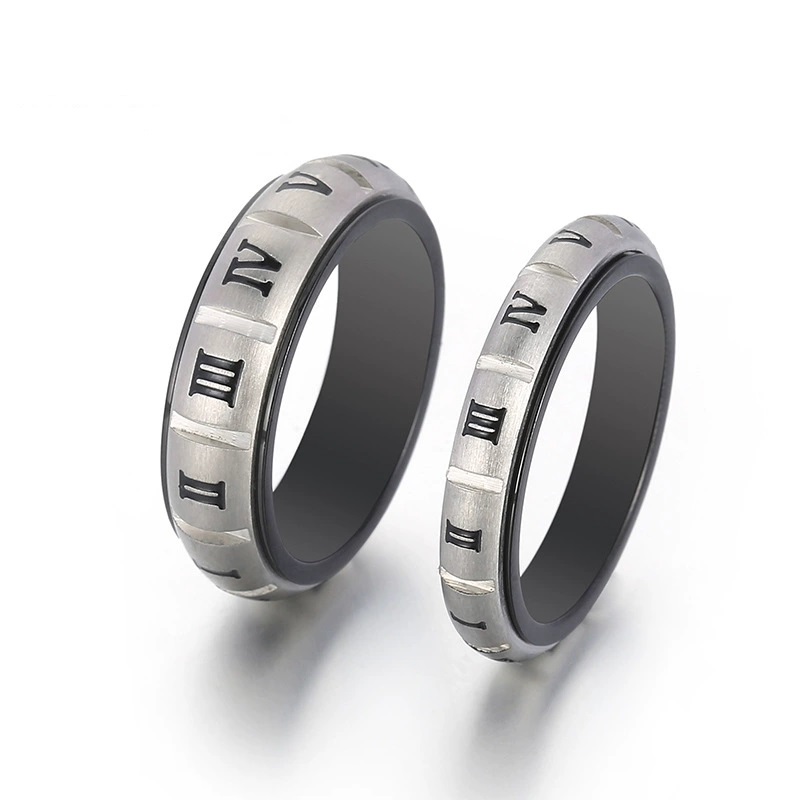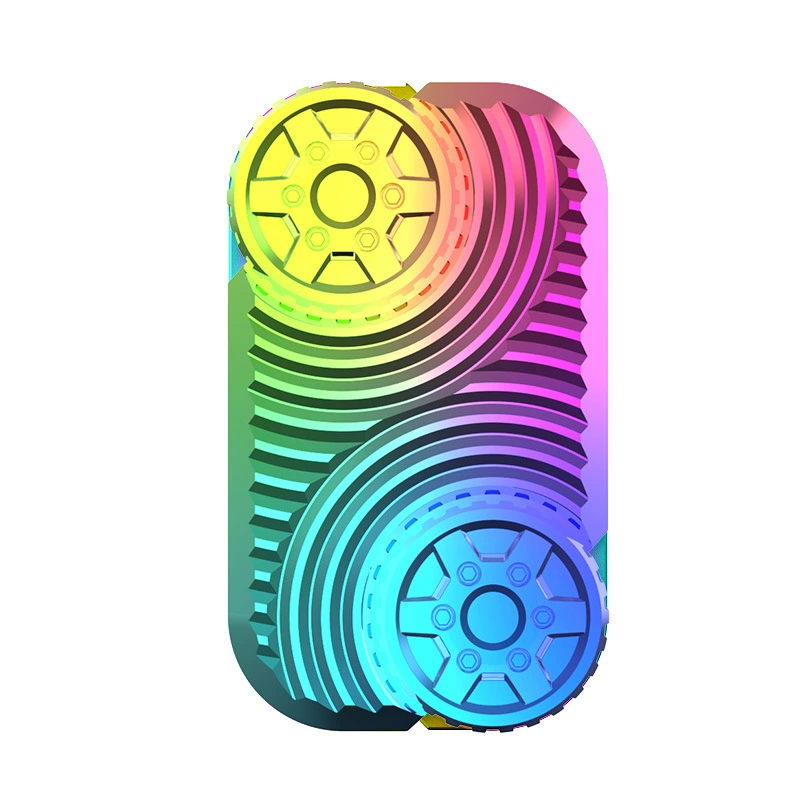-
Shenzhen City, GuangDong Province, China
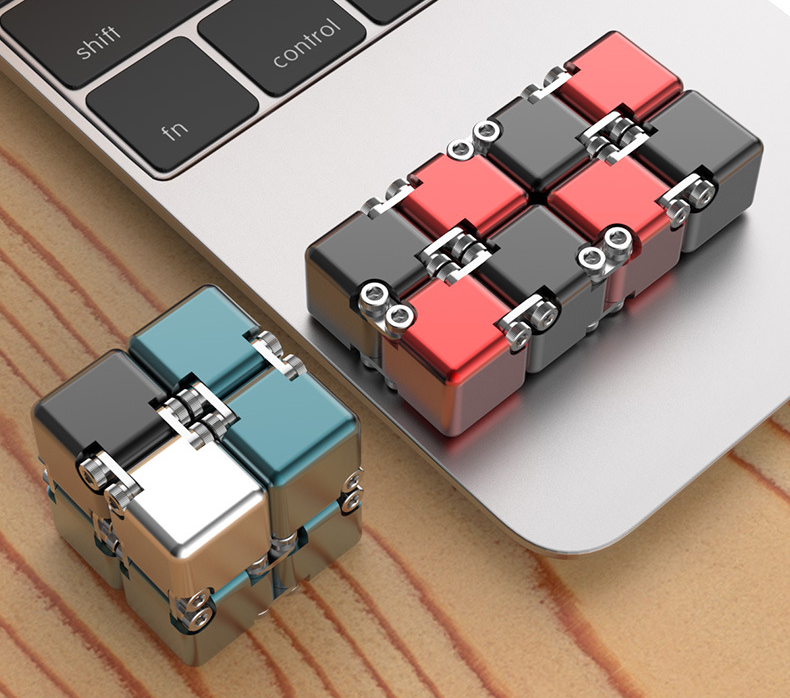
How to Make Fidget Toy?
How to Make a Fidget Toy: 5 Easy Fun Projects!
Do you ever feel wiggly? Do you need something quiet to do with your hands? Fidget toys can help!
Fidget toys are small toys. You can hold them and play with them. They help you feel calm. They help you focus. Many teachers say fidget toys help kids with ADHD pay attention better in class.
You can buy fidget toys. Some cool ones are Fidget Cube from Antsy Labs, toys from Tangle Creations, or even Crazy Aaron’s Thinking Putty. Stores like Fat Brain Toys or a Sensory Store sell them. You can also find handmade ones on Etsy or Amazon Handmade. Sometimes people even make metal knucklebones like those from Arounsquare. But guess what? Making your own homemade stress relief toys is super easy and fun!
Making DIY fidget toys is great.
- It saves money. They use budget-friendly materials.
- You can make them just how you like them. This is called fidget toy customization.
- Making them helps your hands learn new skills. These are called fine motor skill builders. Occupational Therapists, who help people learn skills, say making fidgets is good practice.
This article shows you how to make fidget toy projects. We have 5 easy ideas. You can make these pocket-sized anxiety relievers fast! They are great ADHD-friendly sensory tools. Let’s make some anti-anxiety craft projects!
Table of Contents
Things You Will Need
Making your own discreet anxiety tools is easy. You might already have these things at home! These are low-cost fidget hacks.
Common Stuff:
- Rubber bands (for rubber band chain toys or elastic band loom designs)
- Paper clips (good for paperclip and bead fidgets)
- Beads (for wooden bead balancing toys or string-and-bead trackers)
- Balloons (to make balloon-and-flour stress balls)
- Popsicle sticks or craft sticks (for craft stick puzzles)
- Fabric scraps (for no-sew fabric stress balls or fabric scrap texture boards)
- Old phone cases
- Cardboard (can be used for upcycled cardboard spinners)
- Pipe cleaner twist toys
- Velcro strip tactile tools
- Recycled plastic bottle fidgets parts
- Plastic lid spinner bases
- Toothpick-and-cork fidgets parts
- Pompom squish toys materials
- Hair tie stretch toys
- Old BIC Cristal Pens parts
- Maybe even old Hot Wheels parts!
Tools:
- Non-toxic glue like Elmer’s Glue. This is important for non-toxic glue crafts.
- Maybe a hot glue gun (Ask a grown-up for help!). These are useful for hot glue gun hacks.
- Scissors (Be careful!)
- Maybe OXO Good Grips tools to help hold things.
Safety First! Some toys use small parts like beads or fidget spinner bearings. These are not safe for little kids who might put them in their mouths. Always watch kids during crafting safety tips. Use child-safe adhesives. If a toy might be chewed, use soft, safe stuff like silicone or fabric. We want durable DIY materials but safety comes first! Always do fidget durability tests by pulling on parts.
5 Easy DIY Fidget Toys (Step-by-Step)
Ready to make some quiet classroom fidgets or silent office desk gadgets? Here are five fun ideas! You can find more ideas on Instructables, WikiHow, YouTube (like 5-Minute Crafts channels), TikTok (check #FidgetToy!), or Pinterest. Even Reddit r/fidgettoys has tips.
Project 1: Finger Maze on Fabric (Feels Good!)
This is a no-sew fabric stress ball idea, but flat! It’s a great tactile learning aid.
- Things You Need: Soft cloth like flannel (textured fabric strips work too!), cardboard, fabric markers or paint, maybe buttons or ribbons.
- Steps:
- Cut the cardboard. Make it fit in your hand.
- Cut strips of cloth.
- Glue the cloth strips onto the cardboard. Make a maze pattern!
- Add fun things like buttons or ribbons for different feels. This makes a cool foam sheet texture board alternative or a multi-texture board.
- Pro Tip: Use bright thread if you sew parts, just for fun looks! This idea comes from places like craftingagreenworld.com.
Project 2: Fidget Fun Phone Case (Secret Fidget!)
Turn a phone case into a cool fidget! It’s a portable desk fidget.
- Things You Need: A clear phone case, soft velvet patches, tiny mirrors, silicone charms (like from Chumbak), maybe PopSockets bases.
- Steps:
- Put the fun things inside the clear case. Arrange them nicely.
- Use safe glue (Elmer’s Glue is good) to stick them down.
- Why It Works: Looks like phone decor, but you can feel the textures! It’s one of the best discreet anxiety tools. Find ideas like this on WikiHow.
Project 3: Squishy Balloon Stress Ball (Fast Calm Down!)
This is a classic homemade stress relief toy. It feels like slime-based tactile toys but less messy.
- Things You Need: A balloon (buy at Walgreens or Target’s Bullseye Playground), flour or rice, a funnel.
- Steps:
- Stretch the balloon opening.
- Use the funnel to put flour or rice inside. Don’t fill it too much!
- Tie the balloon knot very tight.
- Draw a funny face on it!
- Extra Fun: Try using Kinetic Sand inside for a different feel! These are like beanbag stress balls but squishier. They are simple pocket-sized anxiety relievers. Making these balloon-and-flour stress balls costs almost nothing.
Project 4: Stick Chain Fidget (Good for Fingers!)
This toy clicks and folds. It uses binder ring clickers. It’s a good fine motor skill builder.
- Things You Need: Popsicle sticks (or craft sticks from Michaels or Hobby Lobby), small binder rings, paint (like Crayola paint).
- Steps:
- Paint the sticks fun colors (if you want). Let dry.
- Carefully make small holes near the ends of each stick (ask a grown-up!).
- Link the sticks together with the binder rings. Make a chain! Like cable chain manipulators or flip chain keyrings.
- Use Case: Great for school! It’s a quiet classroom fidget or a silent classroom tool. It’s durable too. This is like a simple STEM fidget activity. You can also explore Lego-based fidget builds or craft stick puzzles.
Project 5: Marble Maze on Cardboard (See and Feel!)
This is like a game! Guide the marble. It’s a fun marble maze fidget board.
- Things You Need: A piece of cardboard, a marble, hot glue (ask a grown-up for help!).
- Steps:
- Use the hot glue gun to draw maze lines on the cardboard. Let the glue dry hard. It makes little walls.
- Put the marble on the cardboard.
- Tilt the board to make the marble roll through the maze. This is a quiet marble roller.
- More Ideas: You could try making whisk bead mazes or even simple paper plate balancing games. Check out places like The Sensory Project for ideas. Some people even make 3D-printed fidget designs found on Thingiverse using 3D Printing tech from Creality/Prusa. Or maybe a DIY infinity cube guide for toys like the cool Aluminum Infinity Cube.
Make Your Fidget Toy Special!
You made a basic toy. Now make it YOURS! This is fidget toy customization.
- Add Textures: Glue on sandpaper, soft cloth (textured fabric strips), bumpy Velcro strip tactile tools, or smooth beads. Try making foam sheet texture boards or fabric scrap texture boards. Maybe add suction cup poppers.
- Make it Pretty: Use glitter glue, neon paint, or stickers. Make glitter sensory jars or sensory bottle calm jars for visual calm. Look at ASMR videos for cool visual ideas.
- Add Sound: Put rice or beans inside things that can shake (like small plastic bottles for recycled plastic bottle fidgets). But remember, quiet clicker mechanisms or non-distracting fidgets are better for school or the office.
- Shape: Try ergonomic fidget designs that fit nicely in your hand. Look at Fidgetland toys for simple shapes.
- Function: Maybe add keyring spinner attachments or make carabiner keychain fidgets. How about fidget jewelry for focus? Or lanyard threading toys?
Keeping Your Toys Safe and Strong
We want our homemade stress relief toys to last and be safe!
- Safety First: For little kids, NO small parts like tiny beads, Perler Beads, fidget spinner bearings, or parts from BIC Cristal Pens. These can be choking hazards [^5]. Use big, soft things. Use child-safe adhesives like Elmer’s Glue, not always Gorilla Glue unless it’s needed for strong bonds on non-chewable parts. Check Autism Speaks or the National Autism Association websites for safety tips.
- Make Them Strong: Use durable DIY materials. Test your toy! Pull on the parts. This is like a mini fidget durability test. Does it stay together? Good! If not, add more safe glue. Think about fidget toy maintenance.
- Classroom Rules: Make sure your toy is a school-approved quiet toy. No noisy parts! Silent classroom tools are best. Look at resources from Scholastic or Kaplan Co. for ideas. Office-friendly stress toys should also be quiet.
Questions People Ask (FAQs)
Do DIY fidgets really help kids with ADHD?
Yes! Studies show they help kids focus. ADHD-friendly sensory tools give hands something to do quietly. They are great sensory integration tools.
Where can I get supplies like Play-Doh, Perler Beads, or Kinetic Sand?
Craft stores like Michaels or Hobby Lobby, big stores like Target (check Target’s Bullseye Playground for cheap finds!), or online like Amazon. You can even get balloons and flour at Walgreens.
Can I make therapy putty or hand-strengthening putty?
Yes! There are therapy putty recipes online. You can make it like Crazy Aaron’s Thinking Putty. Some people use TheraBand for resistance band pullers too.
What about fidget spinner physics or penny spinner mechanics?
That’s about how spinners work! Things like ball bearing spinner assembly, coin spinner tutorials, plastic ring spinners, or magnetic ring spinners use science to spin smoothly. You can learn the basics from Wikidata specs or simple science guides. Even Lego-based fidget builds can teach STEM ideas. MindWare sells cool STEM kits. You might like simple spinning toys like a Desk Fidget Spinner.
Are there other cool fidgets like Tangle toy alternatives or Zuru Fidget Cubes?
Lots! Try making pipe cleaner twist toys, button-and-string busy toys, twistable bottle cap chains, shoelace knot fidgets, braided yarn stress relievers, paper squishy tutorials, nail-and-string art fidgets, or puzzle piece connectors. Even soft Squishmallows or toys from Fisher-Price can be calming. For your desk, check out Kinetic Spinning Desk Toys for ideas.
Can I make weighted sensory toys?
Yes, using things like rice or special beads inside sturdy fabric pouches. Make sure they are sewn well!
What are good fidget gift ideas?
A kit with materials to make your own! Or a cool homemade fidget like a resin mold fidget (needs adult help) or a nice wooden bead balancing toy.
You Did It!
Making your own fidget toy is awesome! You learned how to make fidget toy projects that are fun, cheap, and helpful.
You used everyday things to make cool tactile learning aids and quiet classroom fidgets. You practiced fine motor skill builders and made pocket-sized anxiety relievers.
Now you have homemade stress relief toys! Try making one today. Share your cool creations online! Maybe use #DIYSensoryToys on TikTok or show friends.
Want more ideas? Look at WikiHow’s guide or explore Instructables. Keep crafting and keep fidgeting!

